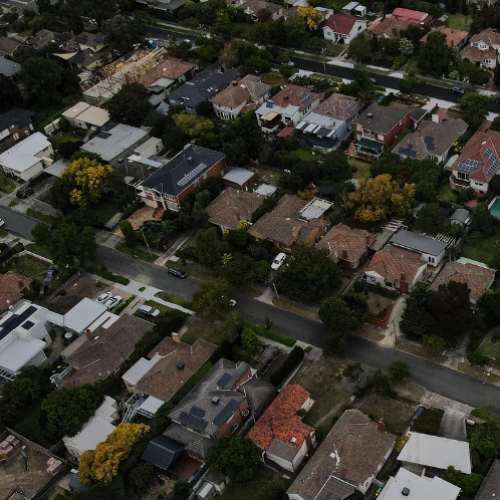China will lift punitive tariffs on Australian barley exports from Saturday.
The Chinese government imposed the tariffs on barley imports in May 2020, over what it claims were concerns over the dumping of cheap grain.
“The Ministry of Commerce ruled that, in view of the changes in the market situation of barley in China, it is no longer necessary to continue to impose anti-dumping duties and countervailing duties on the imported barley originating in Australia,” the Chinese government said.
Australia said it would suspend a World Trade Organisation dispute against China in exchange for Beijing agreeing to review its tariffs.
The removal of the duties means that Australia will now discontinue the WTO legal proceedings.
Prime Minister Anthony Albanese said it was a “very positive decision”.
“One in four Australian jobs is about trade,” he told reporters on Friday.
“I have said very clearly on China, that we will co-operate where we can, we will disagree where we must, but we will engage in the national interest.”
Three years ago, China imposed 80.5 per cent duties on Australian barley for the world’s biggest beer market valued at about $916 million in 2018/19.
The Australian government will continue to pursue its wine dispute in the WTO, using the barley outcome as a template.
Foreign Minister Penny Wong, whose trip to China last year is believed to have been influential in the decision, said it was the right outcome for Australian producers and Chinese consumers.
“It affirms the approach, the calm and consistent approach, that the Albanese government has taken since we have come to office,” she told reporters in Adelaide.
Trade Minister Don Farrell, who has been a key figure in the talks, said the outcome showed the importance of the WTO dispute mechanism in defending the interests of Australia’s producers and farmers.
“It’s another very positive step in the full resumption of normal trade between Australia and China,” he said.
He said trade impediments had been reduced from $20 billion to $2 billion under the government.
Grain Producers Australia chair Barry Large said barley was an important rotation crop for Australian growers.
“Having another strong market and commercial option to sell our barley into will further support our sustainability and production programs,” he said.











